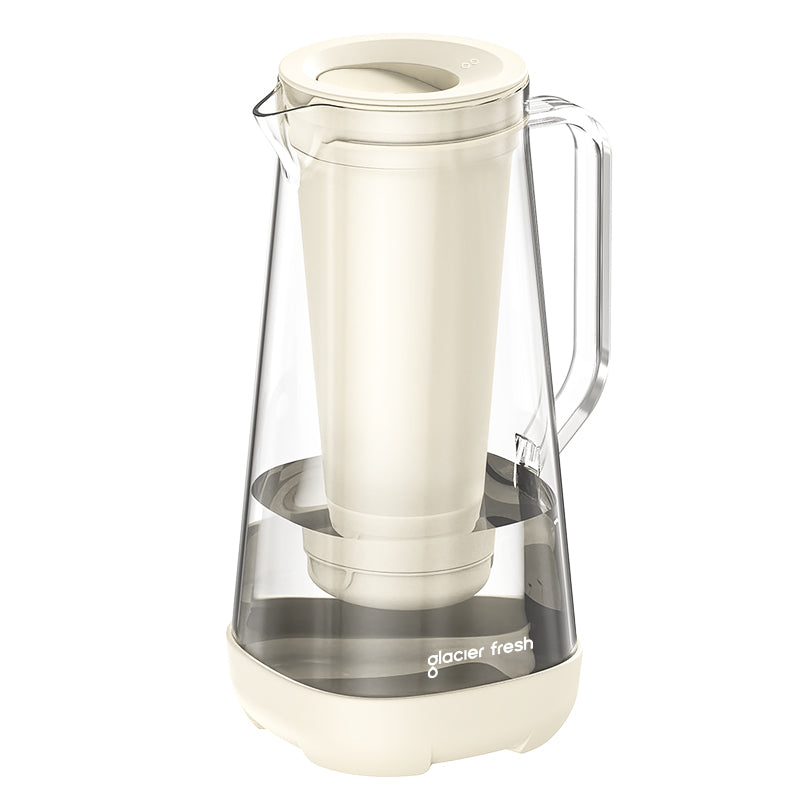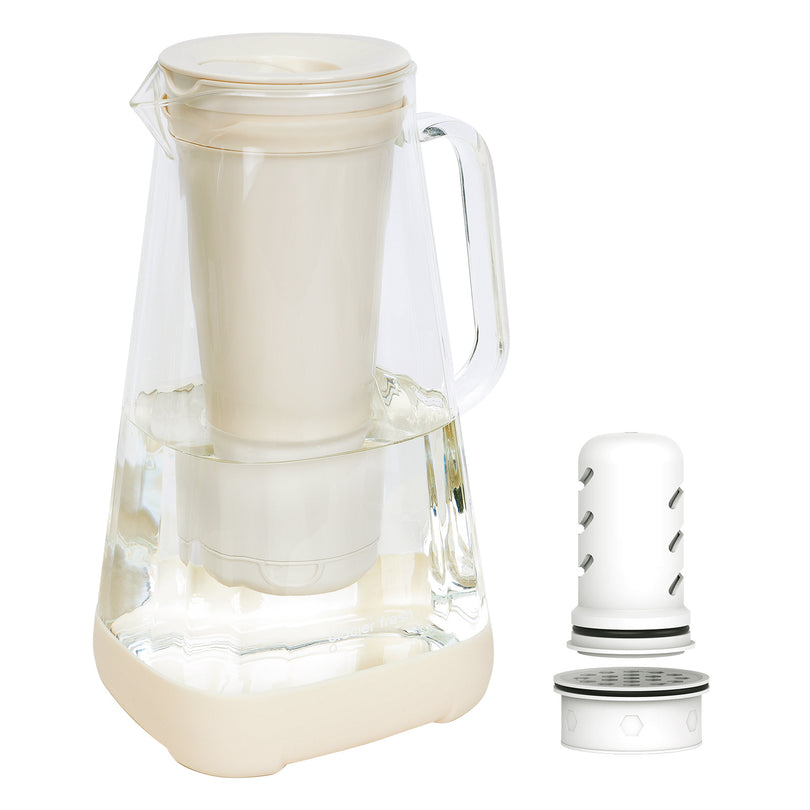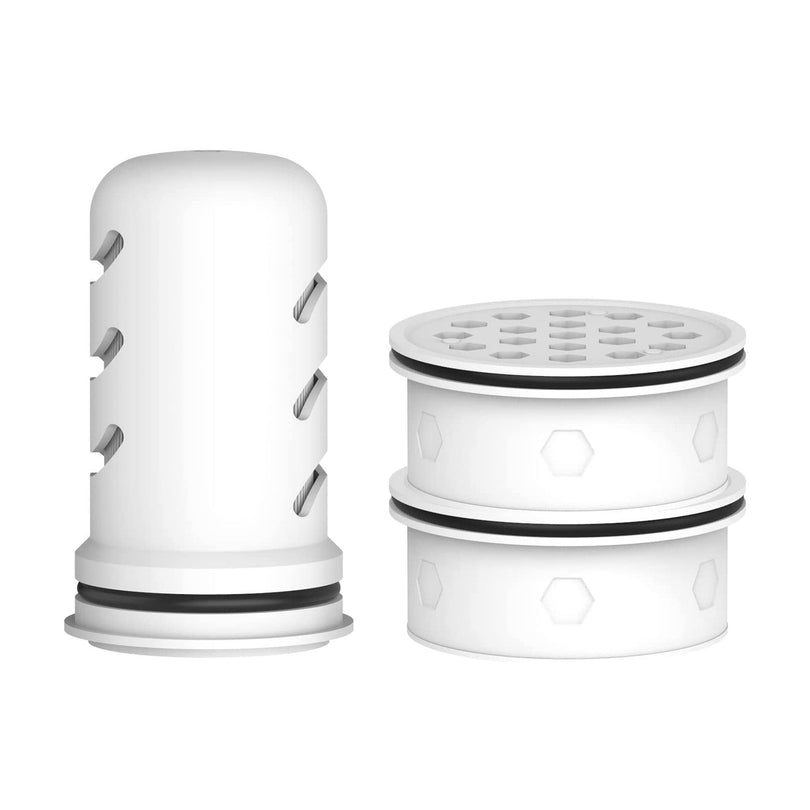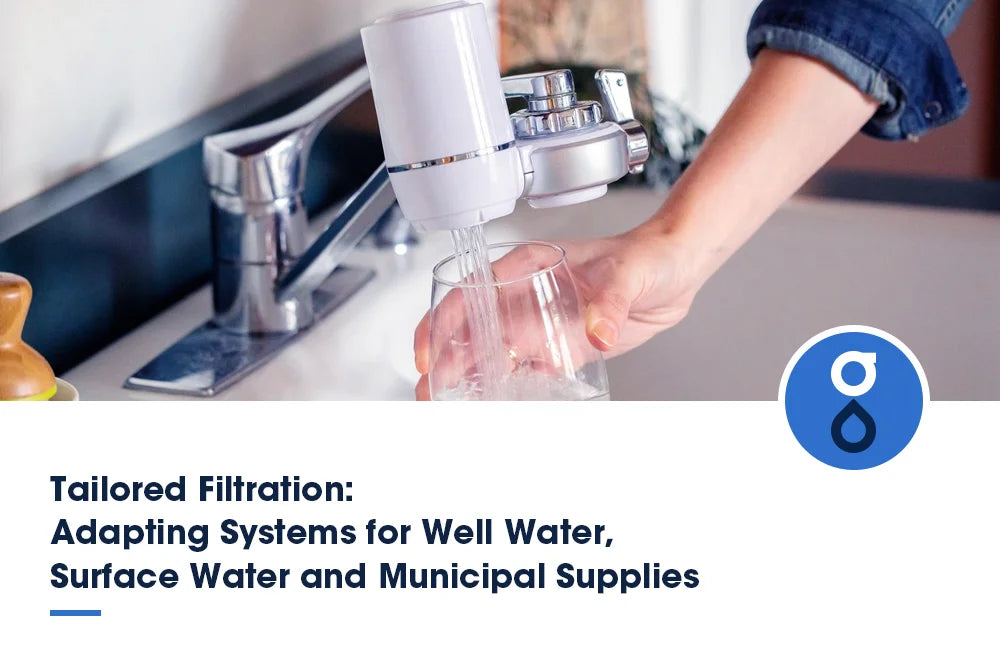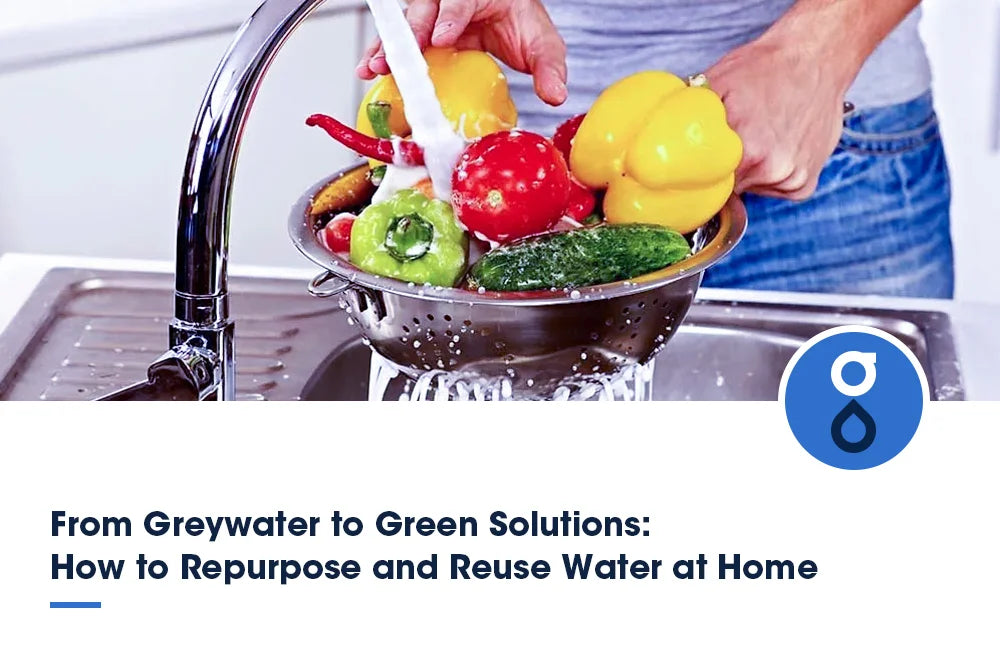Table of Contents:
Die Bedeutung der Wassereinsparung im Gartenbau
Vorteile wassersparender Gartenarbeit
Grüne Gartenpraktiken zur Wassereinsparung
Verantwortungsvolle Bewässerungspraktiken für die Gartenpflege
Gemeinschafts- und politische Initiativen zur Wassereinsparung im Gartenbau
Abschluss
Um einen grünen Garten zu erhalten und Wasser zu sparen, sollten Sie verantwortungsvoll gießen. Wählen Sie intelligente Bewässerungsmethoden wie Tropfsysteme, um Abfall zu reduzieren und die Nachhaltigkeit zu fördern. Entscheiden Sie sich für dürreresistente Pflanzen, die weniger Wasser benötigen, wie Sukkulenten und Ziergräser. Gießen Sie direkt an den Wurzeln, um sicherzustellen, dass die Pflanzen die benötigte Feuchtigkeit erhalten. Mit diesen umweltfreundlichen Gartenpraktiken können Sie Ihren Garten pflegen und gleichzeitig effektiv Wasser sparen.
Die Bedeutung der Wassereinsparung im Gartenbau

Um die Effizienz Ihres Gartens zu maximieren, sollten Sie Wassersparmaßnahmen priorisieren. Die Bedeutung des Wassersparens im Gartenbau kann nicht genug betont werden. Durch die Umsetzung nachhaltiger Bewässerungstechniken reduzieren Sie Ihren Wasserverbrauch und tragen zur allgemeinen Nachhaltigkeit der Umwelt bei. Die Auswirkungen des Wassersparens gehen über Ihren Garten hinaus – es spielt eine entscheidende Rolle bei der Erhaltung natürlicher Ressourcen und dem Schutz von Ökosystemen.
Die Einbeziehung wassersparender Methoden in Ihren Gartenalltag ist ein proaktiver Schritt zum Umweltschutz. Wassersparen kommt Ihren Pflanzen zugute und trägt zur langfristigen Nachhaltigkeit der Wasserquellen bei. Durch die Minimierung von Wasserverschwendung und die Optimierung der Bewässerungsmethoden können Sie Ihren CO2-Fußabdruck deutlich reduzieren.
Durch die Einbeziehung wassersparender Maßnahmen in Ihre Gartenarbeit sparen Sie langfristig Geld und fördern eine umweltfreundlichere Landschaftsgestaltung. Die nachhaltige Bewirtschaftung der Wasserressourcen ist der Schlüssel zur Schaffung einer grüneren und widerstandsfähigeren Umwelt für zukünftige Generationen.
Vorteile wassersparender Gartenarbeit

Wassersparende Gartenmaßnahmen bieten zahlreiche Vorteile für Ihre Pflanzen und die Umwelt. Durch die Umsetzung dieser Maßnahmen tragen Sie zu Folgendem bei:
- Bodengesundheit: Wassersparen trägt zur Erhaltung der Bodenstruktur und -fruchtbarkeit bei und fördert gesündere Wurzelsysteme und Pflanzenwachstum.
- Nachhaltige Landschaften: Wassersparende Techniken verringern die Belastung der lokalen Wasserressourcen und führen zu nachhaltigeren und widerstandsfähigeren Landschaften.
- Trockenresistenz: Pflanzen, die mit wassersparenden Methoden angebaut werden, entwickeln eine stärkere Resistenz gegen Dürrebedingungen und sichern so ihr Überleben in Trockenperioden.
- Kosteneinsparungen: Wenn Sie in Ihrem Garten weniger Wasser verbrauchen, sinkt Ihre Wasserrechnung und Sie sparen auf lange Sicht Geld.
- Umweltauswirkungen: Durch das Einsparen von Wasser werden natürliche Ökosysteme geschützt und die allgemeinen Umweltauswirkungen eines übermäßigen Wasserverbrauchs im Garten verringert.
Die Umsetzung dieser wassersparenden Maßnahmen kommt nicht nur Ihrem Garten zugute, sondern trägt auch zu einer nachhaltigeren und umweltfreundlicheren Gartenarbeit bei.
Grüne Gartenpraktiken zur Wassereinsparung
Effiziente Bewässerungstechniken
Um die Wassereffizienz Ihres Gartens zu maximieren, sollten Sie Tropfbewässerungssysteme anstelle herkömmlicher Sprinkler verwenden. Tropfbewässerung leitet das Wasser direkt an die Pflanzenwurzel und minimiert so die Wasserverschwendung durch Verdunstung oder Abfluss. Diese Systeme sind kostengünstig, einfach zu installieren und können an die spezifischen Bedürfnisse Ihres Gartens angepasst werden.
Tropfbewässerung sorgt für eine gezielte Wasserzufuhr, fördert ein gesünderes Wachstum und reduziert Unkrautwachstum, indem sie die Wurzeln Ihrer Pflanzen kontinuierlich mit Wasser versorgt. Darüber hinaus können Tropfsysteme mit Zeitschaltuhren automatisiert werden, um auch bei Abwesenheit eine gleichmäßige Bewässerung zu gewährleisten.
Auswahl dürreresistenter Pflanzen

Wählen Sie dürreresistente Pflanzen für Ihren Garten, um den Wasserverbrauch zu minimieren und auch bei Trockenheit eine blühende Landschaft zu erhalten. Diese Pflanzen haben sich an ein Überleben mit minimalem Wasserbedarf angepasst und sind daher ideal für dürregefährdete Gebiete. Beispiele für dürreresistente Pflanzen sind Sukkulenten wie Aloe Vera und Kakteen sowie Lavendel, Rosmarin und Schafgarbe.
Mulchen zur Wasserspeicherung
Die Verwendung von Mulch in Ihrem Garten kann die Wasserspeicherung deutlich verbessern und den Bedarf an häufigem Gießen reduzieren. Mulchen hilft, die Feuchtigkeit im Boden zu speichern, indem es die Verdunstung reduziert und die Wurzeln Ihrer Pflanzen konstant mit Feuchtigkeit versorgt. Organische Mulchmaterialien wie Holzspäne, Stroh oder zerkleinerte Blätter speichern Wasser und geben dem Boden beim Zersetzen Nährstoffe. Anorganische Mulchmaterialien wie Kies oder Kieselsteine können ebenfalls effektiv Feuchtigkeit speichern.
Verteilen Sie Mulch gleichmäßig um Ihre Pflanzen und lassen Sie etwas Platz um die Stängel, um Fäulnis zu vermeiden. Durch die Integration von Mulch in Ihre Gartenroutine können Sie Wasser sparen und eine gesündere, nachhaltigere Gartenumgebung schaffen.
Regenwassernutzungssysteme
Regenwassersammelsysteme können den Wasserverbrauch in Ihrem Garten zusätzlich senken. Mit Regentonnen oder Zisternen können Sie Regenwasser sammeln und speichern, um es später zur Gartenbewässerung zu verwenden. So sind Sie weniger auf kommunale Wasserquellen angewiesen und senken Ihre Wasserrechnung.
Für ein einfaches Regenwassersammelsystem stellen Sie eine Tonne unter ein Fallrohr, um das vom Dach ablaufende Regenwasser aufzufangen. Decken Sie die Tonne mit einem Gitter ab, um das Eindringen von Schmutz und die damit verbundene Vermehrung von Mücken zu verhindern. Die Nutzung von Regenwasser in Ihrem Garten entlastet die lokalen Wasserquellen und fördert die Nachhaltigkeit Ihrer Gartenarbeit.
Bodenverbesserungsmittel für mehr Wassereffizienz
Bodenverbesserungsmittel können die Wassereffizienz Ihres Gartens verbessern. Durch die Einarbeitung von organischen Stoffen wie Kompost oder gut verrottetem Mist in Ihren Boden können Sie dessen Wasserspeicherkapazität verbessern. Diese Bodenverbesserungsmittel helfen dem Boden, Feuchtigkeit zu speichern, wodurch der Bedarf an häufigem Gießen reduziert wird.
Zusätzlich kann das Hinzufügen von Mulch zum Boden die Wasserspeicherung unterstützen, indem es die Verdunstung verhindert. Durch den Einsatz von Regenwürmern zum Abbau organischen Materials kann die Wurmkompostierung auch die Bodenstruktur und die Wasserinfiltration verbessern. Die Wahl von dürreresistenten Pflanzen, die an den Bodentyp Ihrer Region angepasst sind, kann diese Verbesserungen ergänzen und benötigt weniger Wasser zum Gedeihen.
Verantwortungsvolle Bewässerungspraktiken für die Gartenpflege

Für eine effektive Gartenpflege ist eine systematische Bewässerung unerlässlich. Mit intelligenten Bewässerungstechniken und effizienten Bewässerungsmethoden sorgen Sie für eine nachhaltige Gartenpflege und schonen gleichzeitig die Wasserressourcen. Hier sind drei wichtige Tipps für eine verantwortungsvolle Bewässerung:
- Mulchen: Das Mulchen Ihrer Gartenbeete hilft, die Feuchtigkeit im Boden zu halten und reduziert so den Bedarf an häufigem Gießen. Organische Mulchmaterialien wie Holzspäne oder Stroh helfen, Wasser zu sparen und die Bodengesundheit zu verbessern.
- Gießen zum richtigen Zeitpunkt: Bewässern Sie Ihren Garten früh oder spät abends, um Verdunstungsverluste zu minimieren. So stellen Sie sicher, dass die Pflanzen ausreichend Feuchtigkeit erhalten, ohne dass übermäßig Wasser verschwendet wird.
- Tropfbewässerung: Tropfbewässerung leitet das Wasser direkt an die Pflanzenwurzel und minimiert so Abfluss und Verdunstung. Diese Methode ist effizienter als herkömmliche Sprinkleranlagen und somit eine nachhaltige Lösung für die Gartenbewässerung.
Gemeinschafts- und politische Initiativen zur Wassereinsparung im Gartenbau
Um die Wassereinsparung im Gartenbau zu verbessern, spielen gesellschaftliches Engagement und politische Initiativen eine entscheidende Rolle bei der Förderung nachhaltiger Praktiken. Kommunales Engagement und die Entwicklung politischer Maßnahmen sind Schlüsselaspekte, die positive Veränderungen im Wasserschutz im Gartenbau bewirken können. Hier sind einige wirksame Strategien:
- Basisbewegungen : Die Ermutigung lokaler Gemeinschaften, sich an Wasserschutzbemühungen zu beteiligen, kann erhebliche Auswirkungen auf die allgemeine Nachhaltigkeit haben.
- Staatliche Anreize : Anreize wie Rabatte oder Steuergutschriften für die Umsetzung wassersparender Techniken im Gartenbau können Einzelpersonen dazu motivieren, mehr sparsame Praktiken anzuwenden.
- Aufklärungskampagnen : Die Aufklärung der Öffentlichkeit über die Bedeutung der Wassereinsparung im Gartenbau durch Workshops, Seminare und Online-Ressourcen kann das Bewusstsein schärfen und verantwortungsvolle Bewässerungspraktiken fördern.
- Öffentlichkeitsarbeit : Die Zusammenarbeit mit lokalen Organisationen, Schulen und Unternehmen zur Verbreitung des Bewusstseins und zur Zusammenarbeit bei Wasserschutzprojekten kann einen Welleneffekt in der gesamten Gemeinde auslösen und zu nachhaltigeren Gartenbaupraktiken führen.
Abschluss
Mit verantwortungsvollem Gießen und umweltfreundlichen Gartentechniken tragen Sie zum Wasserschutz in Ihrer Gemeinde bei. Wassersparen schont nicht nur die Umwelt, sondern spart auch Geld bei der Wasserrechnung. Jeder Tropfen zählt für den Schutz unserer wertvollen Wasserressourcen. Beginnen Sie noch heute mit der Umsetzung dieser Maßnahmen und leisten Sie einen Beitrag für eine grünere und nachhaltigere Zukunft.









